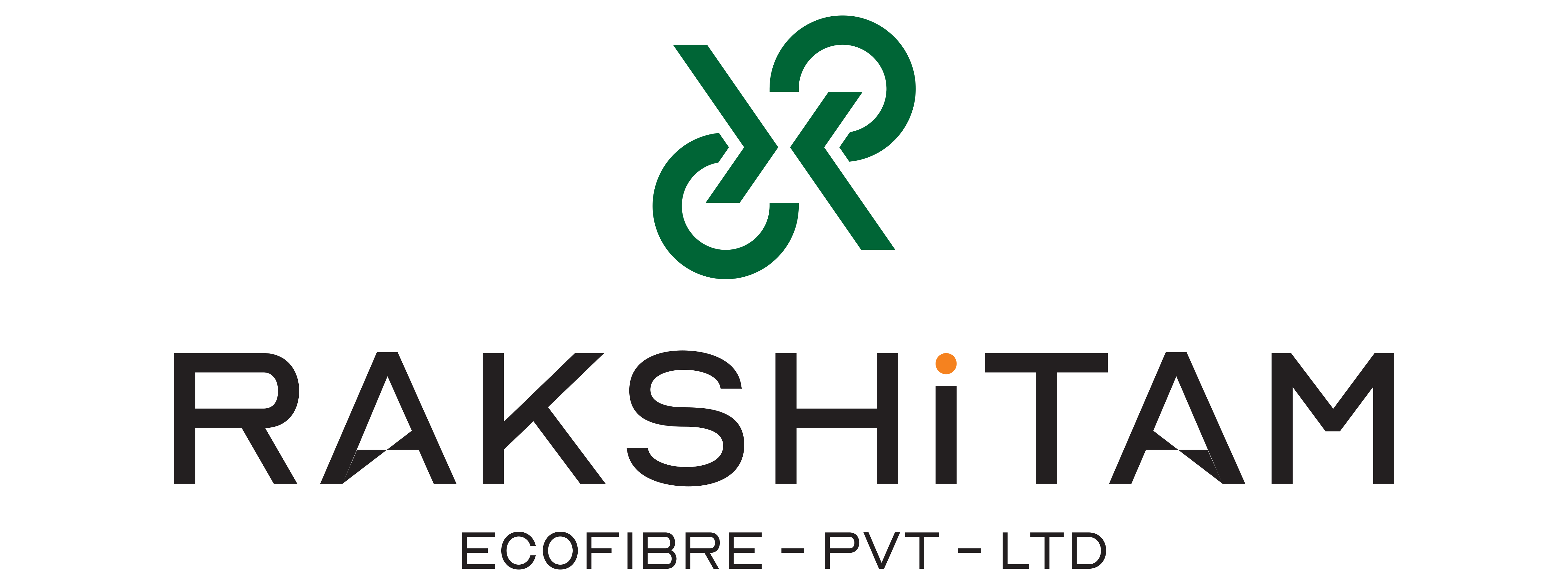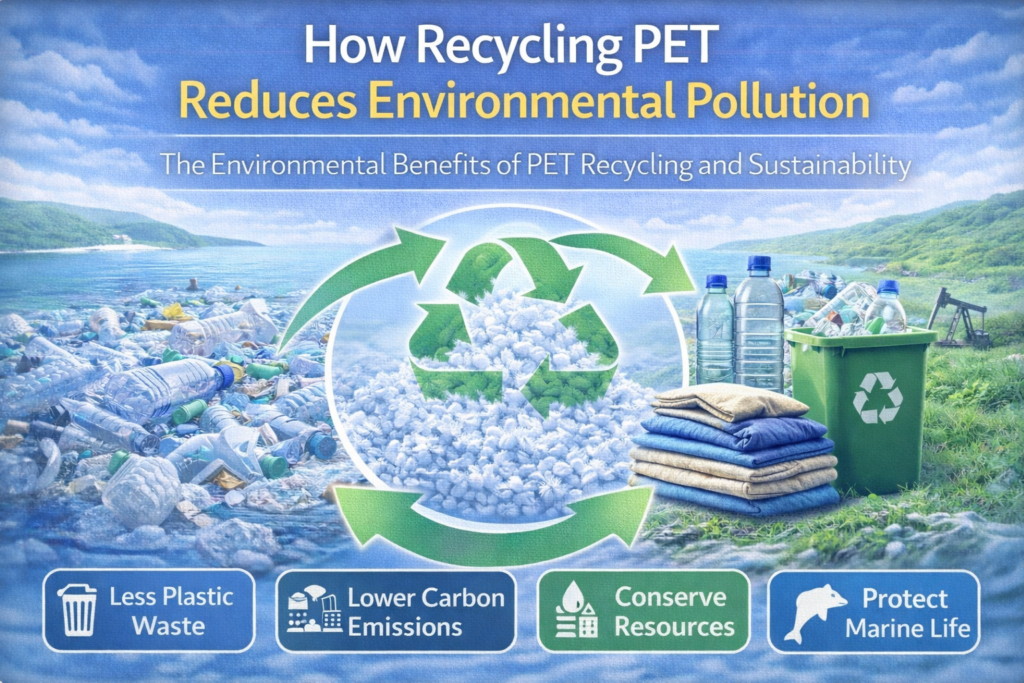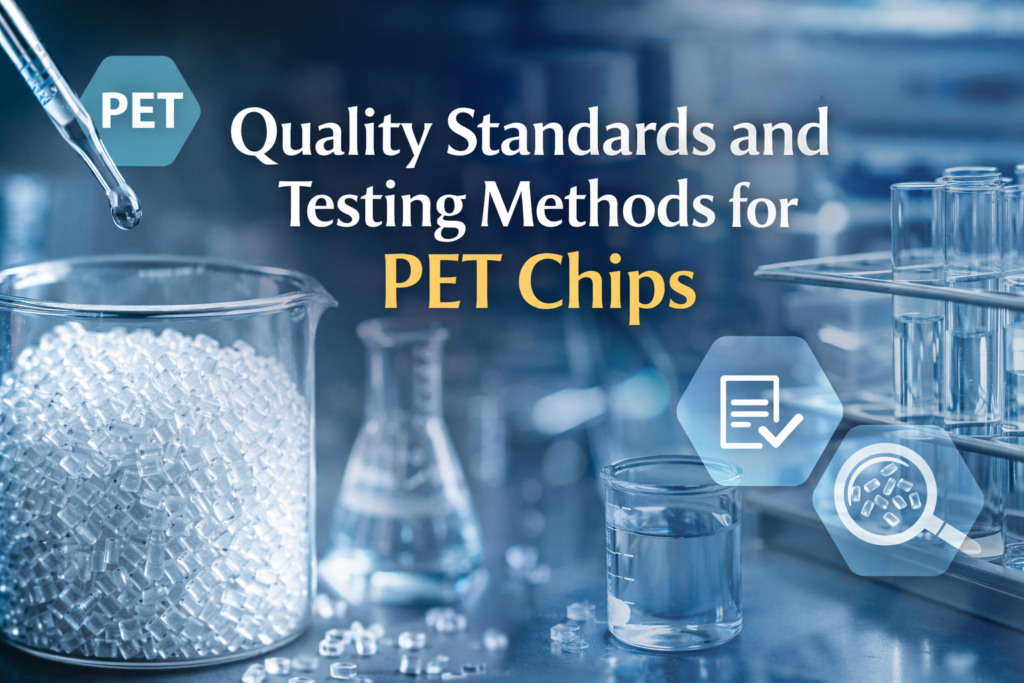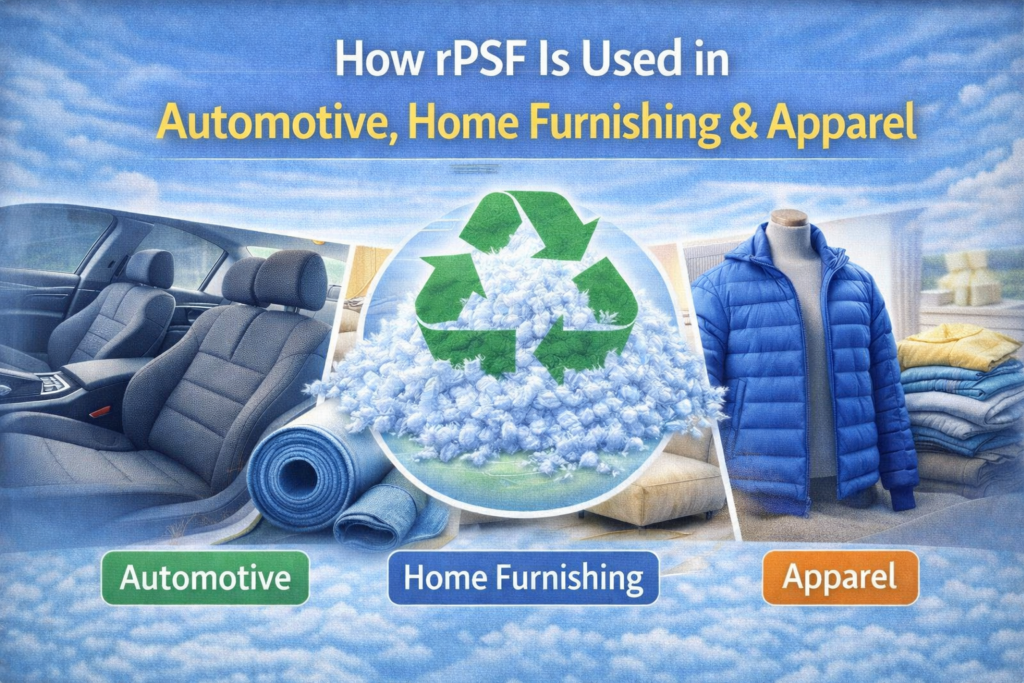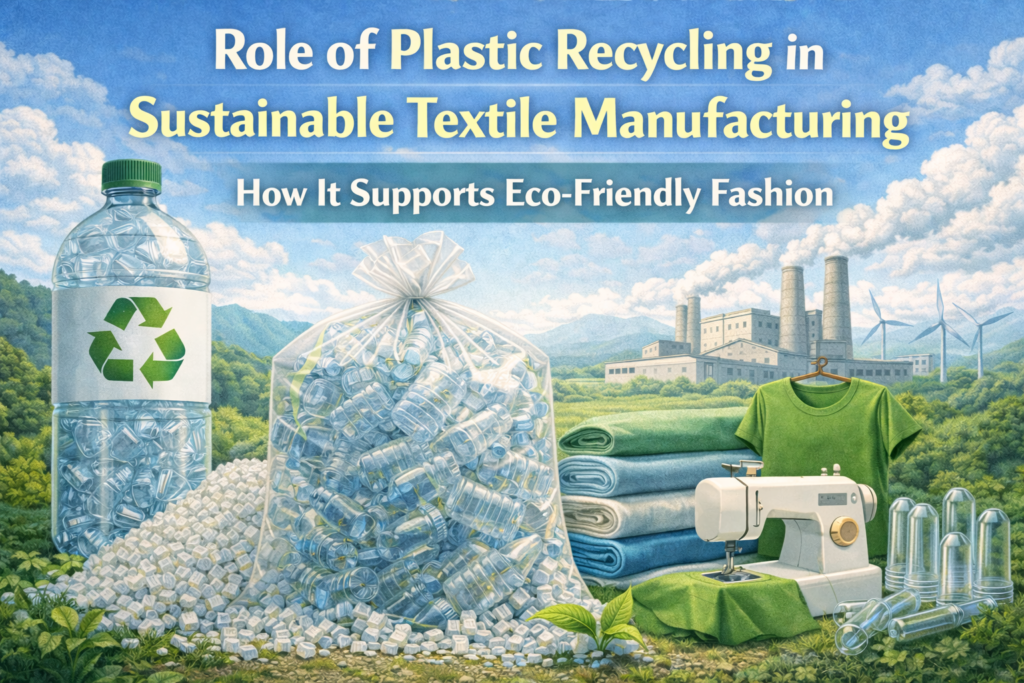Recycled Polyester Staple Fiber (RPSF) is widely utilized in the textile, automotive, filtration, and geotextile industries. And riddle me this—why is it growing in importance? Well, it’s all about the eco-friendly materials we spoke about earlier. By 2025, demand for such materials will put this business at the cornerstone of every industry across the planet. With its expanding infrastructure, India is now well-recognized for its sustainable manufacturing and is known around the globe for the quality of RPSF it offers. This post discusses the primary resources of RPSF and props them up to emphasize why they are dependable sources for clients scouting for reliable standards and greener options.
What is RPSF?
Recycled Polyester Staple Fiber is the product of post-consumer PET bottles and polyester waste from factories. It is an eco-conscious substitute for virgin polyester fiber because it maintains strength, durability, and versatility, but reduces carbon emissions. RPSF is used in:
- Textile and yarn production
- Non-woven fabrication
- Automotive interior surfaces and components
- Pillows, cushions, and mattresses
- Geotextiles and insulating materials
Manufacturers choosing RPSF promote circular economies, reduce plastic pollution, and greener supply chains.
India: As a Leader in RPSF Manufacturing
India has emerged as a global hub for RPSF manufacturing due to new advancements in technology, accessibility to raw materials, and strict standards of quality. A dedicated Indian RPSF maker focuses on:
- Utilization of 100% recycled PET flakes.
- Consistency in fiber quality.
- Achieving global certifications such as GRS, OEKO-TEX, and ISO.
- Domestic and International Supply.
Primary Considerations When Choosing an RPSF Manufacturer
It is equally important to look into certain aspects while selecting a credible RPSF supplier.
- Industry Experience & Reputation: Depends on the organization’s credibility and prior collaborations.
- Eco-certifications: Confirmed compliance with sustainable practices as a green business with GRS certification and meeting ISO standards.
- Product Range: Includes solid RPSF, hollow RPSF, siliconized RPSF, and conjugated RPSF.
- Customization & Support: Industry-tailored, specific, unique solutions provided for the business needs.
- Export Capabilities: Global reach with advanced logistics infrastructure and distribution.
Why is RPSF the Better Option for 2025 and Beyond?
Adopting RPSF helps businesses sustain their circular economy and lower environmental impacts.
- Maintaining greener standards imposed by global markets can be achieved through accomplishing economical production and maintaining a stable supply chain.
- In the forthcoming years, the requirement for sustainable resources is bound to increase. Indian polyester RPSF makers are ready to spearhead this transformation by offering their products..
Look for Trusted RPSF Suppliers in India
The most prominent RPSF producers in India can be found in the polymer and textile processing regions of Gujarat, Maharashtra and Tamil Nadu. These manufacturers boast automated fiber production units, modern recycling facilities, and research and development centers essential to meet diverse international recycling demands.
No matter if you operate in the automotive, textile, bedding, or construction industry, collaborating with these EPR-certified RPSF suppliers in India guarantees quality and sustainability while ensuring reasonable costs and long-term business advantages.
Also Read: Manufacturers of PET Bottles in India for Food Grade Packaging Solutions
Concluding Remarks
Persistent environmental concerns signal opportunities; today, RPSF is not a niche anymore, it’s the future. India’s commitment towards green alternatives, coupled with its strong manufacturing base, makes it a leader in RPSF production.
For prospective buyers of recycled polyester staple fiber in 2025, leveraging top RPSF manufacturers from India is a win-win for sustainability and profitability for your business.
